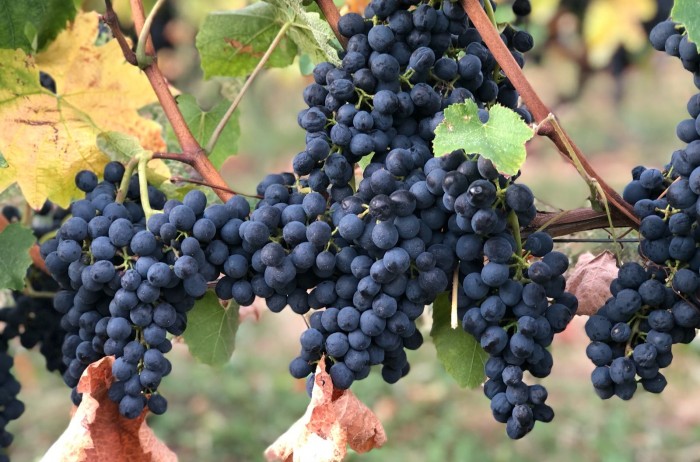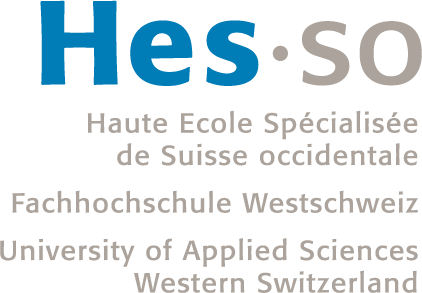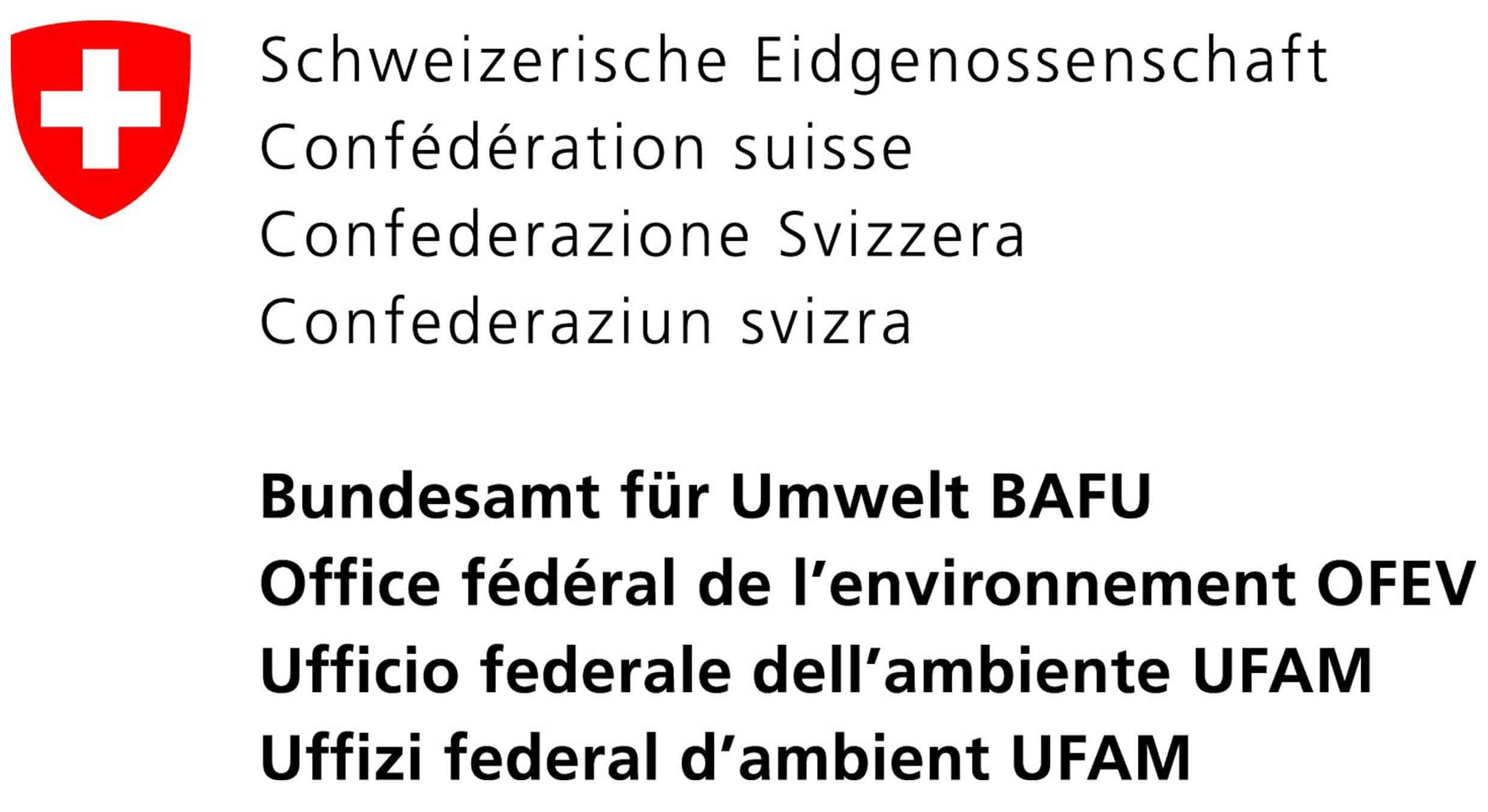
Epuration d’effluents phytosanitaires par des procédés biologiques type « Biobeds »
Biobeds are used in several European countries to clean-up agricultural wastewaters that are contaminated with pesticides. In Switzerland, the interest about them is rising considerably. Indeed these systems are cheap and quite easy to install for farmers. The principle is to spread contaminated water on a biomix, made out of earth and straw and some other organic matter. There is no consensus yet about the composition of the biomix and each country has his own specificities. Different technical systems exist (open or closed systems, with or without vegetation…) and are used according to pedo-climatic conditions and legal frame of each country.
The aim of this project was to determine how biobeds could be used under Swiss conditions. For this purpose, medium scale investigations were realised to determine the efficiency of different biomix to retrain and degrade pesticides under conditions close to the practice. In parallel, different biobeds systems were constructed and used to identify the advantages and drawbacks of each system.
The main conclusions of the project are (1) Biobeds are efficient and would be usefull to limit water contamination by pesticides in Switzerland (2) Most efficient biomix are made out of agricultural soil, straw and compost (25:50:25, v:v) (3) In these proportion, the nature and origin of soil didn’t modify the efficiency of biomix. (4) For the 13 pesticides tested over a winegrowing season, water decontamination yield was comprised between 84 and 100% (mean: 97%, medium: 98%). (5) In the biomix, some pesticides degraded almost completely (diuron, trifloxistrobine), whereas others were persistent (terbuthylazine, fludioxonil) (6) The choice of the biobed technical system depends on the characteristic of the farm: nature of pesticides use, volume of wastewater, surfaces available for the biobed.
Valorisation
DAKHEL ROBERT N., GUISOLAN N., BURDET J.-P. and BURGOS S. 2014. Efficiency of several biomix to retain and degrade pesticides in biobeds under swiss pedo-climatic conditions. International conference Wine active compounds, Beaune (26–28 March).
DAKHEL N., GUISOLAN N., BURDET J.-P. and BURGOS S. 2013. Efficiency of several biomix to retain and degrade pesticides in biobeds under Swiss pedo-climatic conditions 4th European Biobed Workshop, 20-21 March, Wageningen, Netherlands.
2010 – 2012
Partenaires: hepia (EIL) et Service de l’Ecologie de l’eau du Canton de Genève
Financement: HES-SO, OFEV et Canton de Genève






